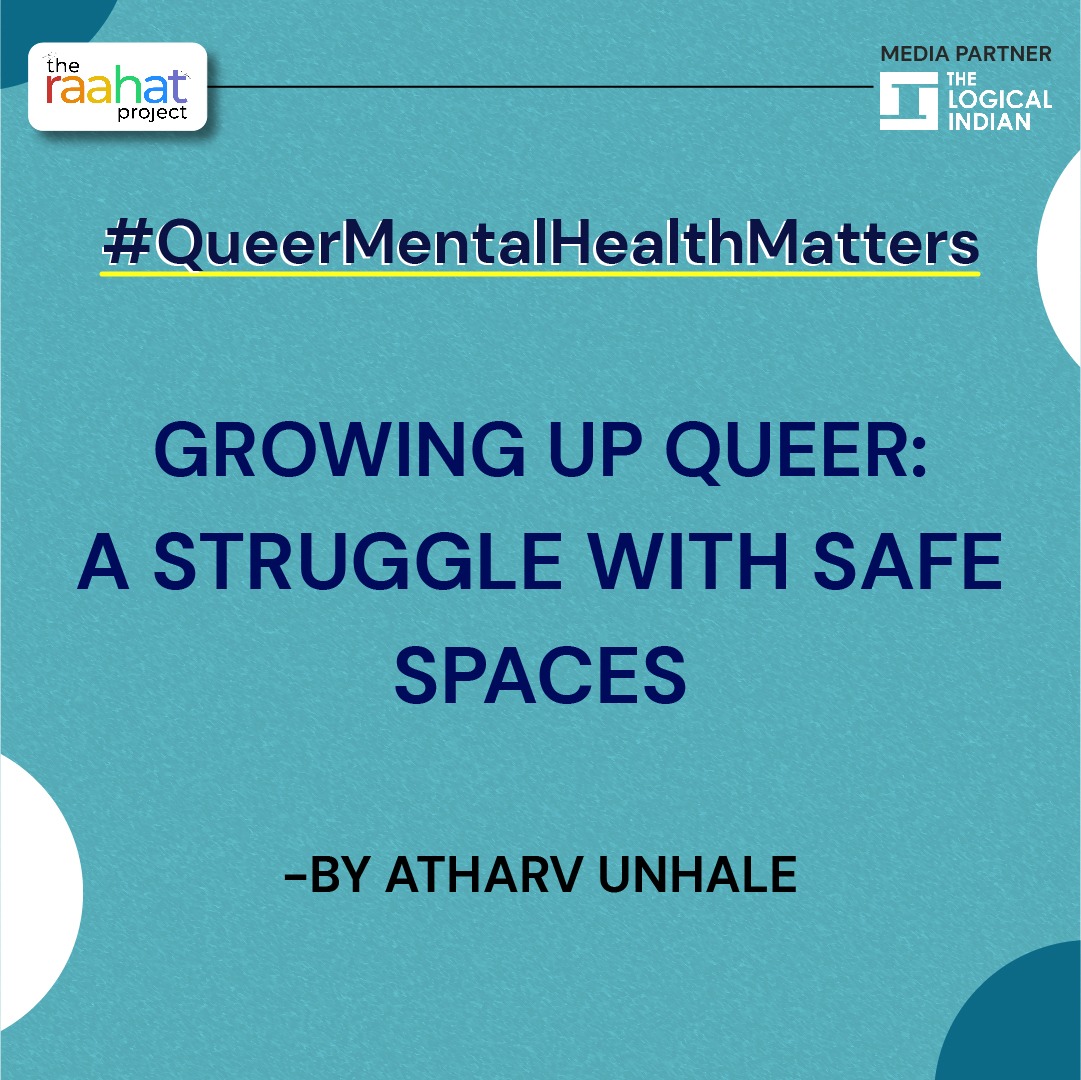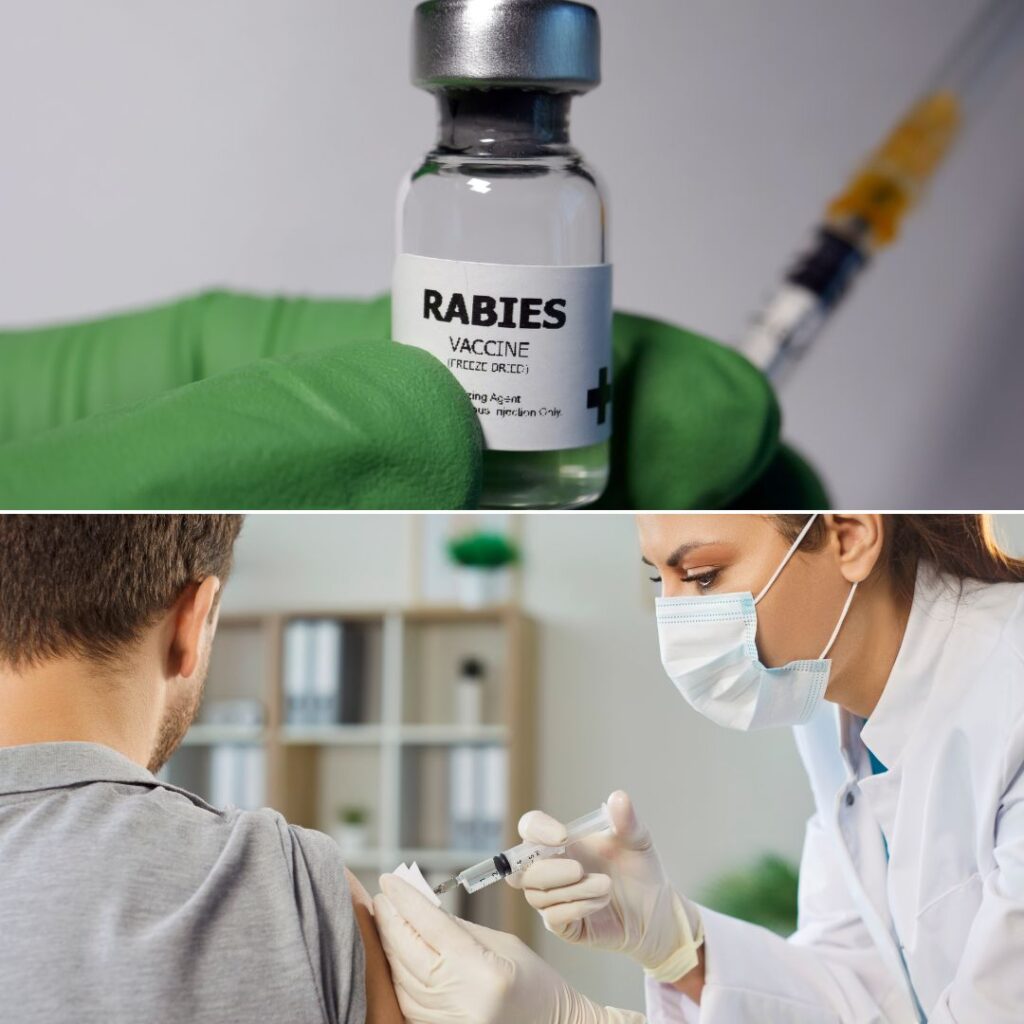Growing up queer means fighting multiple battles on multiple fronts at the same time. Growing up queer is being imaginative because your imagination is sometimes your only escape. It is often the only place where you can be your true self, and maybe where you can also accept yourself.
Growing up queer is longing for a home where you’re accepted for your true self but also thinking about how absurd that thought is. It is projecting lies and building walls for the fear of discrimination, rejection, or worse if you live to be your true self. It is also an act of courage as you face centuries of hate that has percolated into the system and society, pitting all institutions against you. The hate is so pervasive that you have internalized it. You have to fight it before you can accept yourself for who you truly are.
And more often than not, you have to do this all by yourself.
I am a 20-year-old student of media and communication. I am cis-male and I am queer. I come from a generation of queerfolx who have more access to information and are more assertive about their rights than ever before. I am aware of and honour the struggles of those who came before me, so I can be myself today. I am also aware of the social privilege that enables me to access safe spaces and connect with other members of the community.
My experience of coming to terms with my sexuality was a long-drawn process of awareness, rejection, hiding and ultimately accepting myself for who I was. I grew up in a tier-2 city where ‘Chakka’ and ‘Hijda’ were common insults.I was taught that people from these communities were evil and to be stayed away from. Early on, I had learnt that expressing myself outside of the gender norms was not appreciated by anyone in my vicinity. As such, the only exposure I had to queerness was that of fear and hatred. And, it wasn’t hard to internalise it.
It was around age 15 that I became aware of my queerness, and I was quick to reject it. I remember participating in a Model United Nations (MUN) competition where I had to debate the issue of queer rights. As luck would have it, I was assigned a country that was staunchly against the issue. This event further established my need to suppress my sexuality in an attempt to find acceptance from society at large.
The mental health toll of this struggle of rejecting and forcing yourself to be someone you’re not was humongous. For almost four more years, I had not met anyone from the community. I was isolated. I hadn’t come out to anyone. Not even my best friends, even though I knew them to be staunch allies. Depression and anxiety were quick to set in and remained to take a huge toll on my mental and physical health for many years. Such is the effect of queerphobia on young individuals. I rejected myself even before society could reject me.
Finally, at the peak of the first wave of the pandemic, just before I turned 19, I came out to my best friend. It was one of the toughest things I have ever gone through, but I am glad I did. However, in the pandemic, I was stuck in my home, where I had to hide who I truly was.
The same year, I began my undergraduate education at one of the private universities in Pune. Here, I was exposed to a vibrant community of diverse queerfolx who were accepting of each other. I met people who were unabashedly themselves and those who were just beginning on the journey of self-acceptance like me. For the first time ever, I felt like I belonged. Talking to people from the community helped me find support. I found strength in the knowledge that there were others like me, who understood my struggles and I understood theirs.
The effect of this safe space on my mental health was tremendous. However, I had to be mindful. My life now lay suspended within two spaces- one where I had to hide and lie about my sexuality and another where I had absolutely no constraints at all.
Even after accepting myself and finding a community, I have to self-censor in places I know are hostile towards queerfolx. I have to self-censor in new spaces until I am fully sure that I will not be discriminated against because of my sexuality. Sadly, discrimination is still rampant and safe spaces are limited. My heart goes out to the queerfolx who still have to struggle alone, without access to safe spaces due to lack of privilege and/or resources.
It is our fundamental duty to ensure that we eliminate discrimination by way of education and awareness to create safer spaces for the community.
Good mental health is a basic right, but for queer communities, it is an everyday fight. Mental Health in itself is a taboo topic. Queerflox thus faces double the stigma. Access to queer affirmative mental health care is extremely limited. Hence, we must equip ourselves, as queer individuals, with the tools for Mental Health awareness. It is a key aspect of our all-rounded well-being. The struggles we face can hold us back if we don’t address them. Therefore, we must practice self-care to better our mental health.
It should also be noted that Mental Health is not an individual enterprise alone. We must come together as a community to create safer spaces, build mental health awareness and better the self-care capabilities of queer individuals. We are stronger together.












